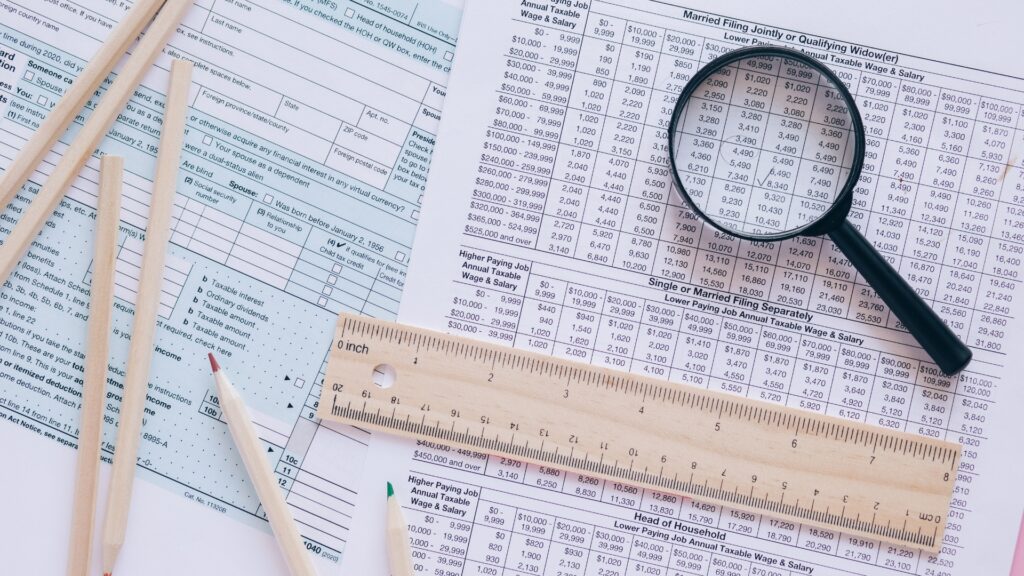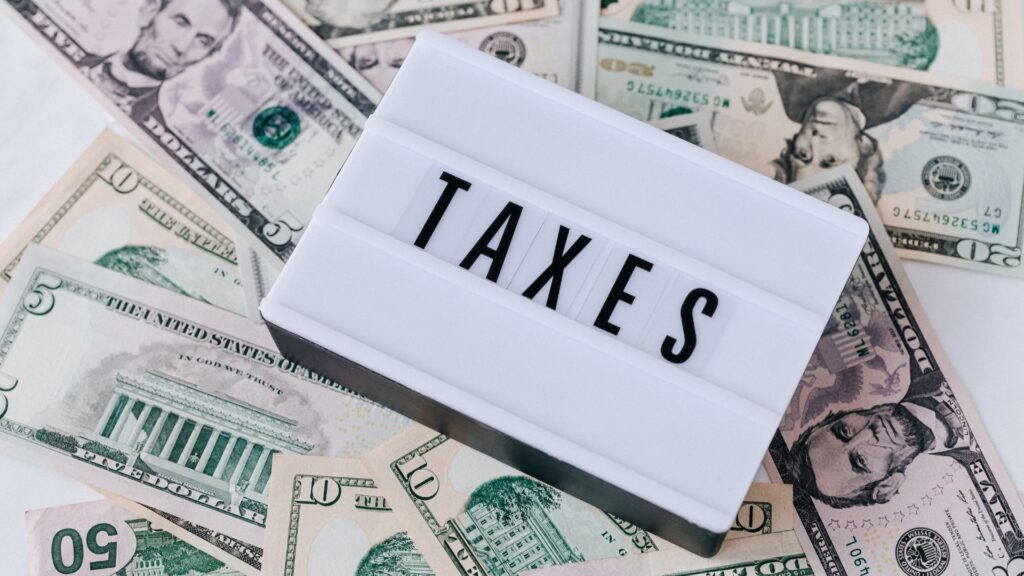Taxation Abroad: What French Expats Need to Know
Living abroad is an exceptional opportunity for personal and professional growth. However, expatriation also involves significant administrative adjustments, especially concerning taxation. As a non-resident taxpayer, you’re subject to different rules—understanding these is crucial to avoid unexpected surprises and to continue making contributions if desired. Here’s an overview of the essential points to consider before or during your life abroad.

Change Countries, Change Tax Systems Too
Expatriation: When Do You Become a Non-Resident for Tax Purposes?
You become a non-resident for French tax purposes when you transfer your tax residence abroad. This determination depends on several criteria defined by the tax authorities:
-
The location of your household or principal residence
-
The center of your economic interests
-
The country where you carry out your professional activity
Generally, if you spend more than 183 days per year abroad and your personal, professional, and economic life is centered there, you are considered a non-resident.
Tax Obligations in France After Departure
Even as a non-resident, you may still have tax obligations in France, particularly if:
-
You own property in France
-
You receive income from French sources (rental income, dividends, pensions, etc.)
In that case, you will need to:
-
File a non-resident income tax return
-
Pay tax on taxable income earned in France

Non-Resident Taxpayer: Which Incomes Are Subject to Tax?
Income from French Sources Taxable in France
Non-residents must continue to declare certain income generated in France, such as:
-
Rental income from property located in France
-
Dividends from French companies
-
Certain pensions, depending on tax treaties
These incomes are generally subject to a withholding tax specific to non-residents.
Income from Foreign Sources: Is There Double Taxation or Not?
To avoid double taxation (paying taxes in two countries on the same income), France has signed bilateral tax treaties with over 120 countries. These treaties determine:
-
The country where your income will be taxed
-
The method for eliminating double taxation
It is essential to consult the tax treaty between France and your country of residence to fully understand your rights and obligations.
What to Declare? And To Whom?
Depending on your income and place of residence, you will need to:
-
Declare your worldwide income in your country of tax residence
-
Declare certain income from French sources to the Non-Residents Tax Office (in Noisy-le-Grand, France).

Contributing from abroad: is it still possible?
Social contributions as a non-resident
As a non-resident, you no longer automatically contribute to the French Social Security system. However, some income from French sources may still be subject to social contributions.
Contributing to the French retirement system from abroad
Good news: You can continue to voluntarily contribute to your French retirement through:
-
The Caisse des Français de l’Étranger (CFE) for health and old-age benefits
-
The CNAV for voluntary retirement contributions
-
The SSI (Social Security for Self-Employed Workers) if you are self-employed
This allows you to maintain your contribution record and preserve your rights to a French retirement pension.
How to Avoid Unpleasant Surprises When You Return?
An unprepared return to France can lead to difficulties: no social coverage, delays in reclaiming benefits, and more. It is recommended to:
-
Plan your return at least 6 months in advance
-
Maintain an administrative connection with France through the CFE or the retirement fund
-
Get support from a specialized tax advisor

Plan Your Taxes Ahead to Better Enjoy Your Expatriation
The Importance of Tax Planning
Taxation for non-residents is a complex area. It is highly recommended to:
-
Conduct a personalized tax assessment before departure
-
Adapt your assets to your new status
-
Structure your income to avoid tax conflicts
Good planning helps secure your finances and allows you to experience your expatriation more smoothly.
Get professional support to secure your situation
Wealth management advisors, tax specialists, or specialized lawyers assist expatriates with:
-
Income declaration
-
Tax optimization
-
Wealth transfer
-
Investments tailored for expatriation

What if your relationship with money also deserved to be transformed?
Abundance, Freedom, and Ease: A New Financial Vision
What if expatriation was more than just a change of country?
What if it was an opportunity for inner transformation, including in your relationship with money?
Many expatriate women experience a sense of financial instability, fear of scarcity, or, on the contrary, difficulty fully receiving the abundance they deserve.
Changing your environment can also invite you to change your perception of wealth, merit, and what you allow yourself to experience.
No longer endure, but choose your relationship with money while living abroad.
As an expatriate woman, you can:
-
Create a new financial dynamic aligned with your values
-
Break free from inherited limiting patterns
-
Embrace abundance in all its forms: financial, relational, spiritual

